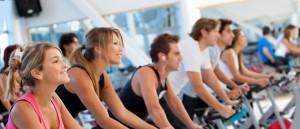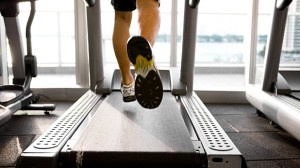I just recently had a breast cancer scare over the summer and before I went to the specialists to find out if it was cancer or not, I started reading anything about breast cancer. When reading about any medical illnesses you find so many things that aren’t true. But when I heard about bras maybe being one of the causes of breast cancer I was freaking out. So this is my chance to really find out, do bras cause cancer?
They say that the idea that bras cause cancer was first introduced in 1995 by a book. The book stated that women who wore tight fitting bras all day every day were at a higher risk of getting breast cancer than women who went without one most of the time. The authors claimed this, “…by inhibiting lymphatic drainage, bras trapped toxins in the breast tissue, which caused cancer.” But according to research this theory has not been proven by sufficient evidence. As stated here, “Scientists say the research of the authors of the book failed to exclude confounding variables such as the presence in some women of known risk factors for breast cancer. Thus, the notion of a correlation between wearing a bra and breast cancer does not appear to hold up.” Many risk factors for breast cancer have to do with hormones and gene mutations not if you wear a bra or not. In this article it talks more about the bra wearing studies that were done and if there was a correlation between the cancer and bra wearing. Many controls were set and factors accounted for to get the most accurate information possible.
In conclusion there is not enough evidence to show that wearing tight fitting bras or bras at all increase the risk or cause breast cancer. Throughout all the studies that they have done there has been no correlation between the two things and reverse causation cannot be a factor here. When reading these articles and these studies I was definitely relieved to find out that there is no connection between the two!
Sources: http://ww5.komen.org/BreastCancer/FactorsThatDoNotIncreaseRisk.html
http://www.scientificamerican.com/article/fact-or-fiction-underwire-bras-cause-cancer/
One more time: No, wearing a bra does not cause breast cancer
http://www.uamshealth.com/?id=12311&sid=1










